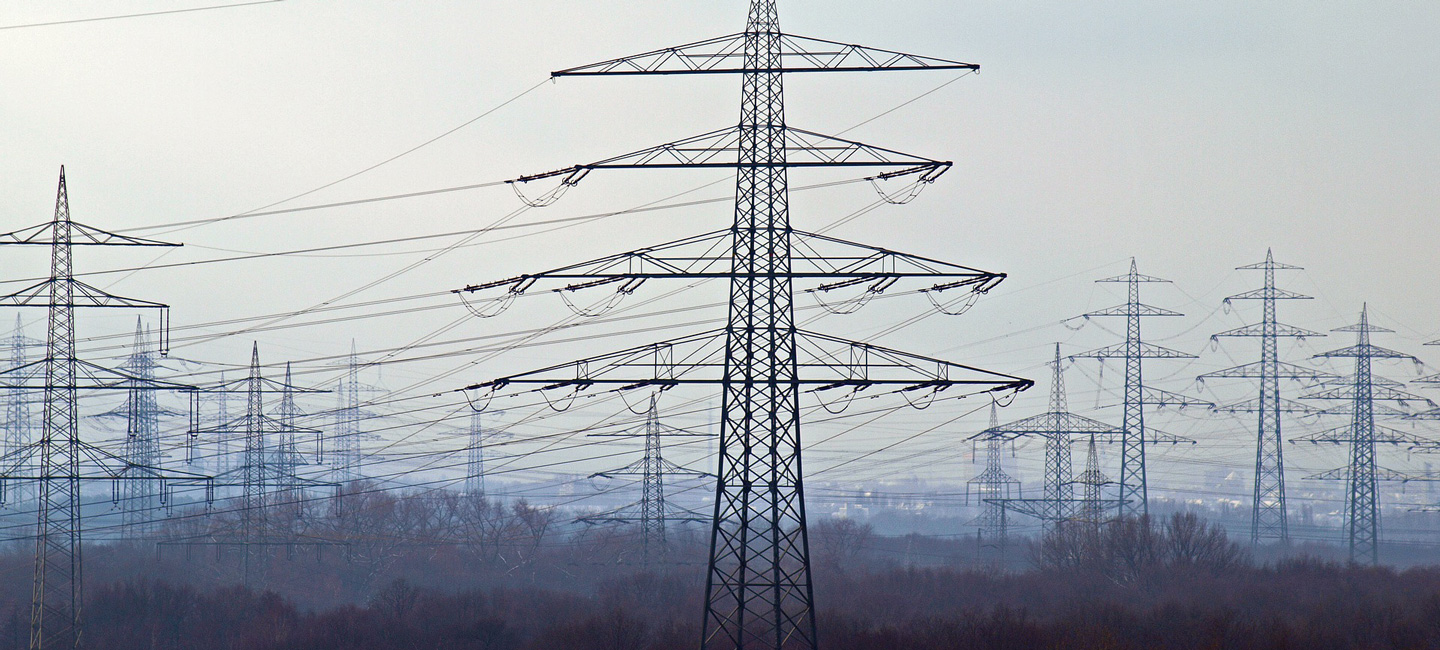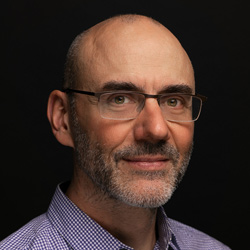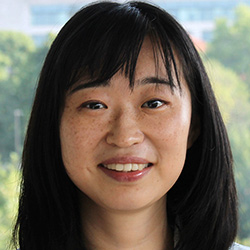The Far Reach of Northwestern Engineering Algorithms
Three optimization algorithms developed by IEMS faculty members Jorge Nocedal and Andreas Wächter are widely used around the world.

Two multi-institutional teams featuring faculty, students, and alumni from Northwestern Engineering's Departments of Industrial Engineering and Management Sciences and Electrical and Computer Engineering earned top 10 placements at the Department of Energy’s (DOE) Grid Optimization (GO) Competition - Challenge 2.
Managed by DOE’s Advanced Research Projects Agency-Energy (ARPA‑E), the GO Competition is a global contest that challenges teams to develop software management solutions for challenging power grid problems. Through a series of challenge-based competitions, the GO Competition seeks to accelerate the development of transformational and disruptive methods for solving the nation’s most pressing power system problems to create a more reliable, resilient, and secure US electricity grid.

Teams placing in the top 10 of Challenge 2 shared a $2.4 million prize — which will be used to further develop their approaches and pursue industry adoption of their technologies.
Challenge 2 expanded upon the competition’s Challenge 1 held in 2019, which tasked teams with designing an algorithm for security-constrained optimal power flow (SCOPF), an ongoing issue in the electric power sector that seeks to determine optimal generator settings that best enable power to be routed to customers across a complex grid in a reliable and cost-effective manner. The latest challenge added new features to account for, including transmission line switching, adjustable transformer tap ratios, phase shifting transformers, switchable shunts, fast-start unit commitment, and price-responsive demand with ramping constraints.
“The model was more realistic and included actions that are difficult to model, such as turning power generators on and off,” said Jorge Nocedal, Walter P. Murphy Professor of Industrial Engineering and Management Sciences and (by courtesy) engineering sciences and applied mathematics. “Luckily, since there was more time for modeling and experimentation, it was possible to recast some of the most challenging actions as logical constraints.”
Nocedal is a member of NU_Columbia_Artelys, which finished in second place and earned $530,000. The team was led by Richard Waltz (PhD ’02), senior scientist at Artelys, a software company that combines mathematical programming and artificial intelligence to provide optimization, decision support, and modeling solutions to the energy, transportation, and logistics industries, and includes Dan Bienstock, professor at Columbia University. Waltz earned his PhD in computer engineering at Northwestern Engineering under Nocedal.

The team replaced many of the algorithm’s on/off decisions with careful modeling heuristics that permitted the direct use of KNITRO, a nonlinear optimization solver developed by Nocedal that helps solve complicated optimization problems with more restrictions.
“The team parallelized the optimization solution effectively, thus accelerating solution time substantially,” Nocedal said. “I credit Dan for designing some of the clever reformulations, and Richard for successfully parallelizing the code. We look forward to the next phase of this competition.”
Team GO-SNIP, which finished in seventh place and earned $30,000, includes Andreas Wächter, professor of industrial engineering and management sciences, and Ermin Wei, assistant professor of electrical and computer engineering and industrial engineering and management sciences. Frank Curtis (PhD ’07), associate professor at Lehigh University, who received his PhD in industrial engineering at Northwestern Engineering under Nocedal, led the group. Other team members include Dan Molzahn, assistant professor at Georgia Tech, and Elizabeth Wong, assistant project scientist at the University of California, San Diego.

Northwestern Industrial Engineering’s impact was felt throughout the competition’s top performing teams. Five of the top six teams in Challenge 2 used IPOPT, a nonlinear optimization algorithm Wächter developed in the early 2000s and has since gained prominence as the go-to open-source optimization algorithm.
"A lot of work has gone into developing our IPOPT optimizer, and specifically turning it into a robust open-source implementation that is reliable and easy to use was a big effort over several years,” Wächter said. “At the time, it was not clear at all who might take advantage of it. Seeing that it seems to have become a standard tool in a domain as exciting and important as the management of the electrical power system is very rewarding."
The two teams are excited to see what lies ahead in the competition, and optimistic that their work thus far will make an impact.
“I hope what we developed in the competition can be used by independent system operators and other power operators to improve the efficiency, resiliency, and reliability of the electricity system,” Wei said.
Three optimization algorithms developed by IEMS faculty members Jorge Nocedal and Andreas Wächter are widely used around the world.
The multi-institutional teams were tasked with developing software management solutions for challenging power grid problems.